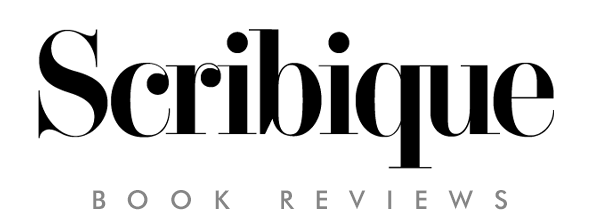The Immortal Life of Henrietta Lacks
In “The Immortal Life of Henrietta Lacks,” Rebecca Skloot brings to light the profound narrative of Henrietta Lacks, a poor Southern tobacco farmer whose cells have remarkably contributed more to medical science than perhaps any other human sample in history. The book interweaves the scientific odyssey of HeLa cells with the deeply personal biographical account of Lacks’ life and the ongoing impact of her cellular legacy on her family, who remained largely in the shadows.
Henrietta Lacks’ cells, taken without her consent in the early 1950s, became the first immortalized cell line—growing indefinitely under the right conditions—and have been pivotal in medical advancements, including the polio vaccine and gene mapping. Yet, Skloot delicately exposes the darker side of these scientific achievements, revealing a troubling undercurrent of ethical missteps and racial exploitation. The HeLa cells, while a boon to science, brought into sharp relief serious ethical questions about body autonomy and the commercialization of human biological materials.
Skloot’s narrative is meticulously researched and compellingly written, making it accessible not only to those with a scientific bent but also to lay readers. The story of HeLa is balanced with heart-wrenching accounts of the Lacks family, particularly through the lens of Henrietta’s daughter, Deborah. Her desperate quest for knowledge and understanding about her mother’s unwitting contribution to science provides a poignant personal dimension to the tale.
“The Immortal Life of Henrietta Lacks” shines in its ability to humanize the scientific discourse, reminding us that behind every biological sample are stories of real human lives. The book raises critical moral questions about scientific practice and remuneration, themes that resonate in an age where biological and genetic material are increasingly commodified.
In addition to its exploration of ethical quandaries, the book also serves as a socio-historical document. It captures aspects of the racial inequalities ingrained in America’s medical system and points to the often unsung impact of African Americans on medical sciences.
Overall, Rebecca Skloot’s “The Immortal Life of Henrietta Lacks” is an essential read, an enlightening and at times disturbing journey through the intersections of ethics, race, and science. It goes beyond the scientific landmarks to advocate for recognition, justice, and remembrance for Henrietta Lacks and her family. This book is not only an act of discovery but also of restoration, ensuring Henrietta’s name is known and honored in the annals of science and beyond.









Reviews
There are no reviews yet.